As the nation’s oil sector heats up, thanks to innovations in extraction technology and a glut of domestic oil, flaws in an inherently destructive industry will continue to sow destruction upon the environment and even on communities of ordinary Americans across the nation. Oil spills and other manmade disasters will not cease unless the system from which they stem, America’s utter dependence on such dirty fuels, comes to end.
Fossil-fuels, especially oil, natural gas, and other derivatives, are not inherently dangerous substances in and of themselves, assuming that they remain underground and undisturbed. In fact, it is precisely when these subterranean substances are extracted for above-ground applications that things can become “sticky”. As America rushes headlong into a new oil boom thanks to a literal slew of hitherto unreachable oil and gas, thanks to fracking technology, tar sands, and new discoveries, many citizens have developed a worrisome disregard for Murphy’s Law, and a fuzzy memory as to the events of 1989, 2010, and even this year. After as many as 6,100 such man-made disasters per year in regards to oil spills alone, one would think that the complex and byzantine extraction, production, and transportation of liquified fossil fuels would have already been replaced by much better, cleaner, and safer alternatives by now such as solar, wind, or hydroelectric.
The spills this year in Arkansas and Minnesota highlight the fact that as long as fossil fuels maintain a one-fuel dictatorship on the world’s economy, there will be consequences. The spills also underscore the fact that those consequences aren’t entirely limited to the realm of the future tense, as critics of environmental movements often like to put such globe-spanning issues as global warming or ocean acidification. They can also cause a great deal of damage suddenly, as shown by the recent flooding of an otherwise unremarkable Midwestern suburban neighborhood with the toxic black sludge.
There Goes The Neighborhood
Being forced to evacuate due to a deluge of cancerous bitumen likely doesn’t crack the top ten on the long list of things most Americans worry about, if it makes the list at all. But as a whole new round of pipe-building frenzy makes its way across a nation kicking into high gear for oil and gas production, it is worth taking some time to consider the potential dangers, of which there are many, to both the environment and to people directly. As with fracking, there is a very real danger of groundwater contamination as a result of the more than 3.1 million gallons in hazardous chemicals spilled from U.S. pipes per year. Compared to that number, the Arkansas deluge is but a single drop in an ocean of crude and should give critics on both sides of the debate a serious reason to pause.
Benzene, a major component of crude oil, is a known carcinogen and notorious for causing bone marrow failure. Benzene exposure has been directly linked to all manners of acute, hematologic malignancies including acute myeloid leukemia (AML), aplastic anemia, myleodysplastic syndrome (MDS), acute lymphoblastic leukemia (ALL), and chronic myeloid leukemia (CML). With a veritable river of toxins, of which benzene is but one destructive substance, flowing from leaking pipes into the ground every year, it will only be a matter of time before Murphy’s Law guides toxins into our drinking water. Health risks aside, there is also the issue of actual property damage caused by oil spills which year in and year out top 100 million dollars. In 2010 alone, 117 major oil spills collectively caused in excess of one billion dollars in property damage.
Americans aren’t dumb, which explains the fierce NIMBY attitude of many homeowners when their neighborhood, their friends and family, are exposed to the dangers of fracking or pipe construction. But, we are apathetic, and as long as said pipe, drill, and rig remains far, far away, we are contented to continue sipping on our cold crude – perpetuating our need for more pipes, more drilling, and more rigs.
Proponents of fossil fuels often tout carbon energy as the cheapest and most practical path to powering America’s massive energy appetite. But they never factor in the hidden costs of carbon. Gas stations don’t include the price of poor health and poisoned water. Or the cost of cleaning up spills, explosions, ruptures, and the like. The prices we see don’t reflect the costs of global warming on farmers, on those who lost their homes to Katrina, or Sandy, or any number of storms to come supercharged by warmer waters. The prices we see don’t count the enormous burden placed on taxpayers, whose money ultimately goes into picking up the pieces after every burst pipe, as well as to subsidies for the owners of those pipes.
The truth is, oil and gas has always been a money game. Shifting the true costs to future generations and taxpayers, has enabled the oil sector to make a killing by slowly killing the environment and the neighborhood with it.
There Goes The Neighborhood
There Goes The Neighborhood
There Goes The Neighborhood There Goes The Neighborhood There Goes The Neighborhood There Goes The Neighborhood There Goes The Neighborhood




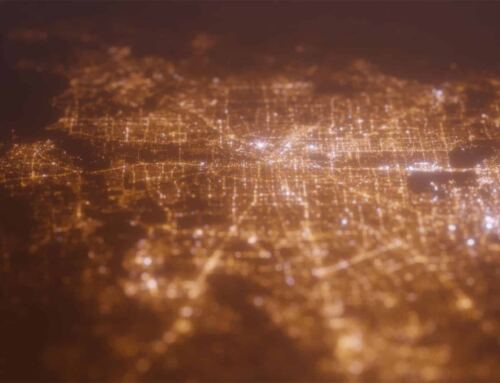

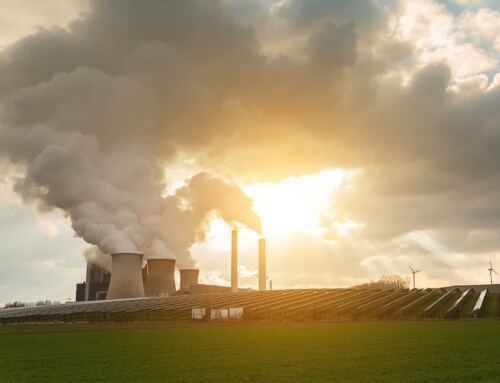

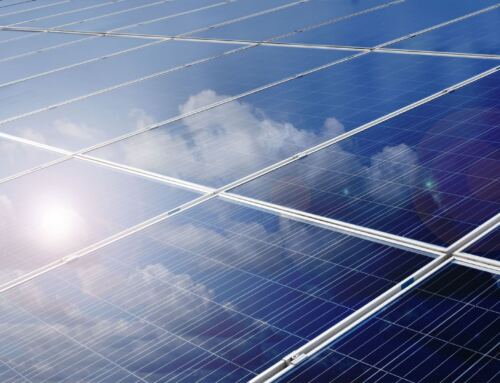
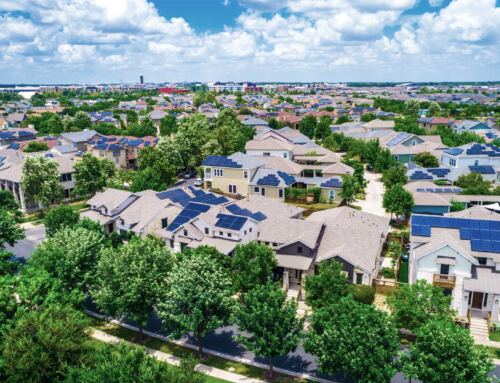
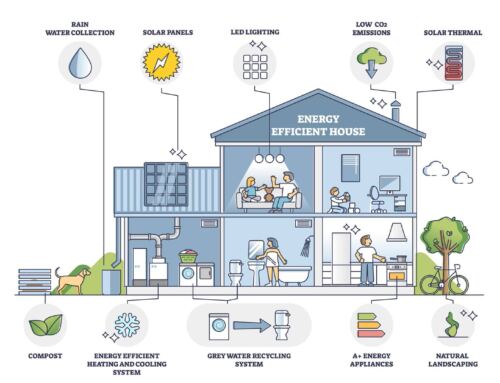
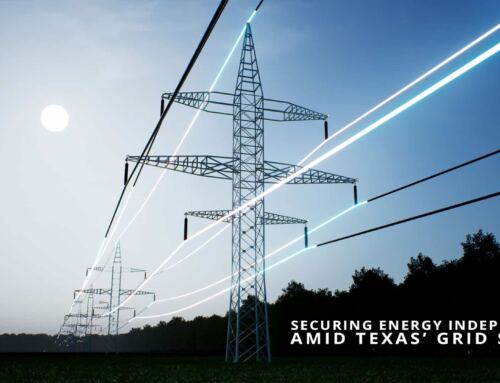
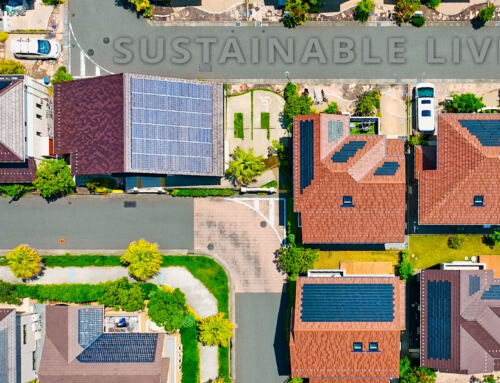
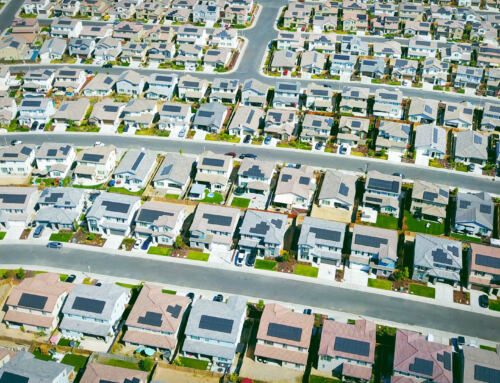

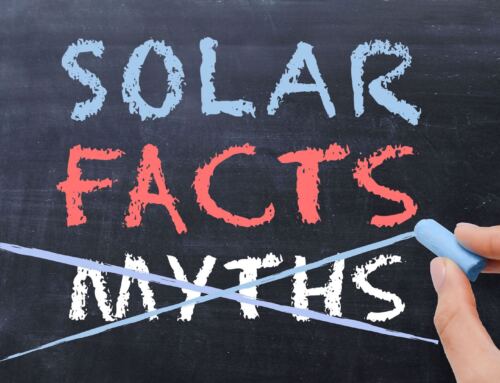

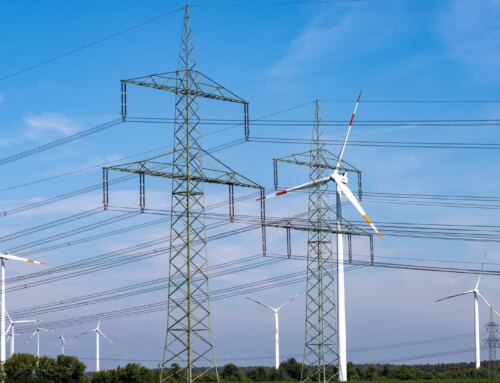

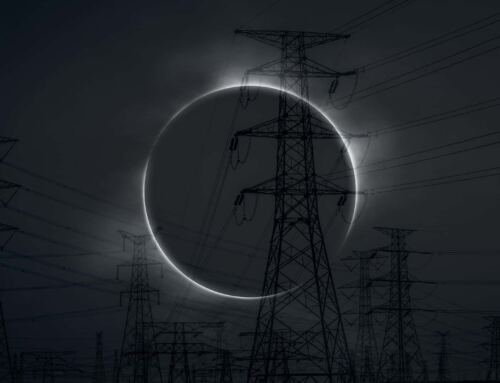
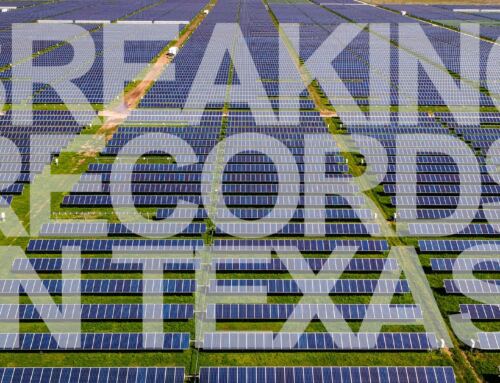
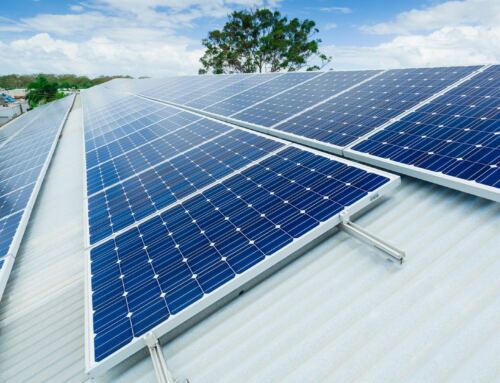
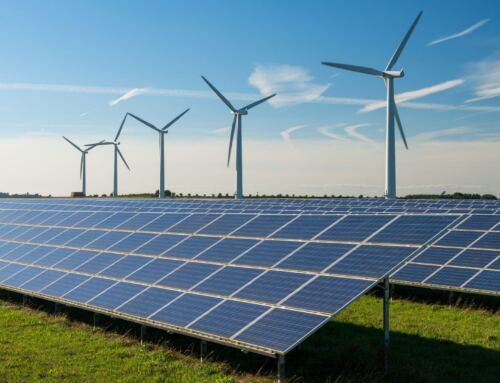

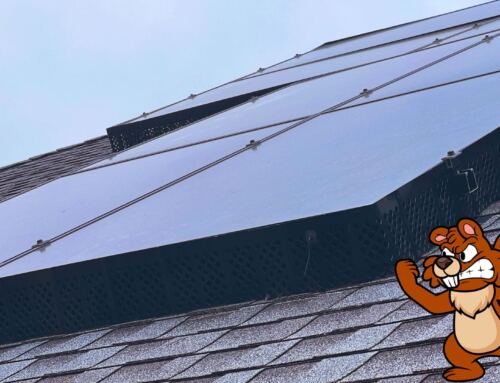

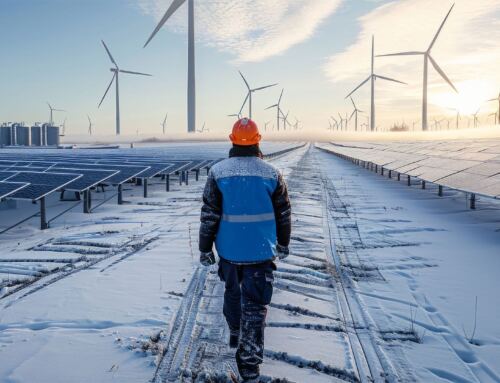
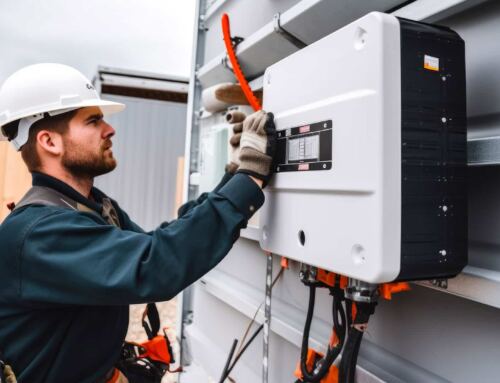
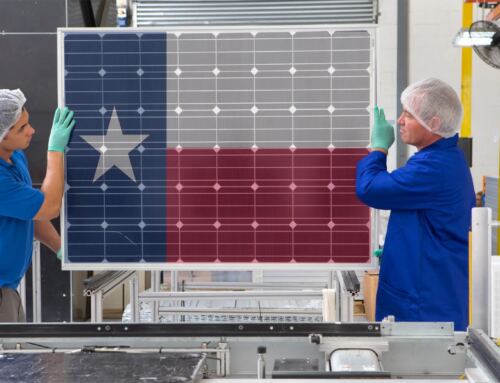
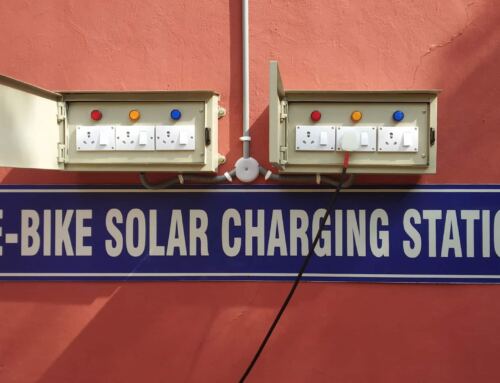

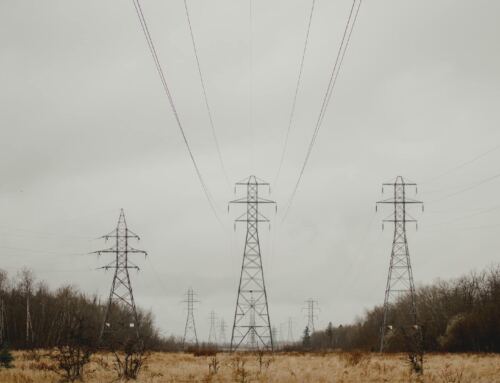
Leave A Comment